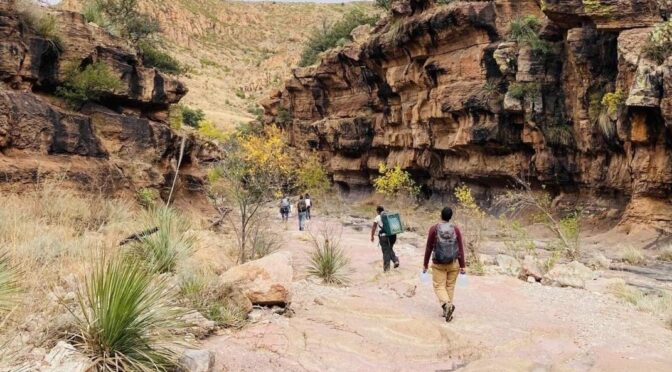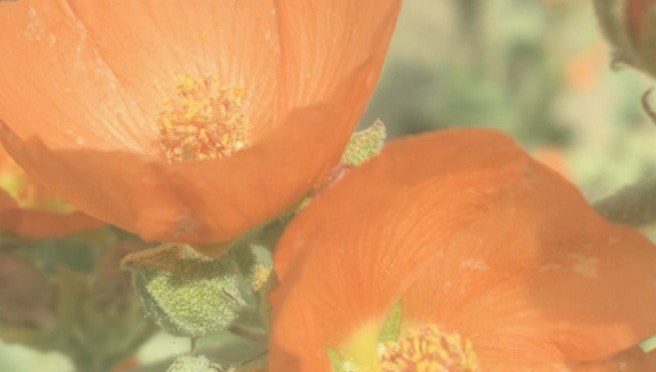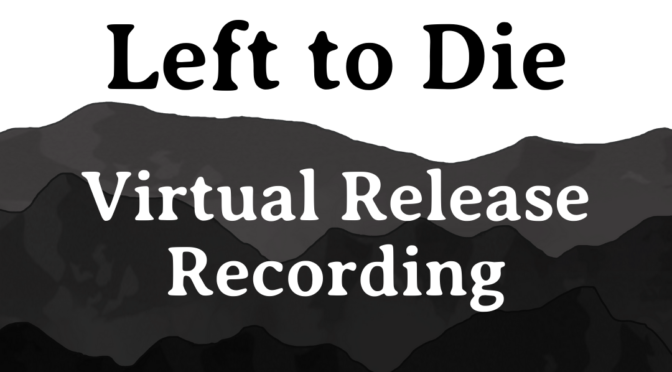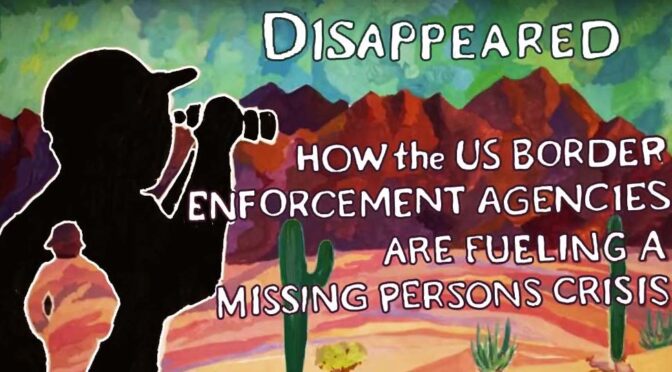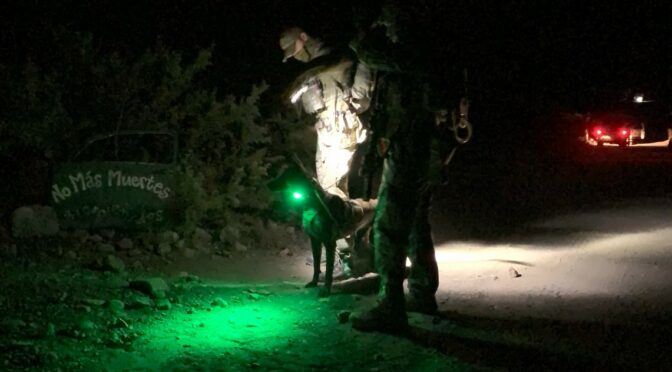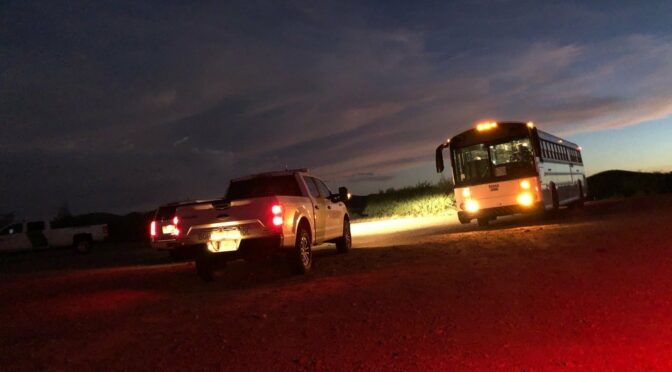Want to receive email updates? Join our mailing list here
Tag Archives: featured
Caring for the Deceased, Caring for the Living
by Bees, Desert Aid worker
from the Winter 2022 newsletter – read it here!
I have mixed feelings about writing this piece about death in the desert.
Our organization is named No More Deaths; our stated mission is “to end death and suffering in the Mexico-US borderlands.” Death is central here, I know. But so much has already been written about the US government’s choice to use the desert as a weapon of genocide, and journalists have produced copious portraits of individual volunteers coming across deceased people at the border.
Let me first tell you, if I may, about the delight.
Let me tell you about getting my ass kicked in pick-up basketball by teenagers who had been walking through the desert for weeks. Let me tell you about how many times I’ve explained “Yes, you have correctly identified the English word for chicken, but Chicken of the Sea is not, in fact, chicken.” Let me tell you about meeting people who hadn’t had access to clean water in days and telling them (truthfully) that they smelled better than the ragtag crew of punks dropping fresh gallons and food around the Altar Valley.
Let me tell you about a man who had spent nearly a month trying to get through the Sonoran Desert on foot, whose eyes filled with tears when he spoke about the desert because to him the plants, the birds, the sunrises blossoming across the mountains, were all so wonderful. “The desert is beautiful,” he said.
In August, No More Deaths volunteers working around Arivaca found the remains of four recently deceased migrants. Death is central here, and yet none of the longer term volunteers can recall finding so many people in so short a time in this particular corridor. The desert is wonderful and terrible all at once.
Let me tell you, if I may, about the care and compassion of people in the desert.
One man explained to me why it’s difficult to report deceased people on the trails, even to humanitarian aid workers. “It’s dangerous, you know? If I tell somebody I saw a body, maybe they’ll decide I’m responsible for it. Maybe they call the police.” And then, risk be damned, that man proceeded to tell me where he saw someone who had died and made me promise that we would go look for that person. In fact, undocumented people reported three of the deceased people that we found*, ensuring that we could recover them quickly and help their families find a measure of closure.
When it would be easy to prioritize rage and anguish, I see volunteers prioritize care. People who have had traumatic experiences with law enforcement hike for miles with police to ensure a person is retrieved quickly and with dignity. Volunteers take photos of the surrounding landscape so families can see where their loved ones passed away. Atheists place flowers and pray. Cynical feelings arise in me and I wonder if these gestures are useful. Then I speak with a relative of one of the men who died.
I was in the group that found your loved one. We picked flowers and prayed for him, and for your family.
We pray for you too. Please, if you can tell me, what was it like where he died?
It was peaceful and beautiful. I know that sounds strange, but it was.
That’s good. That is helpful to hear.
Please let us know if there is anything we can do for your family.
Thank you for telling me. Thank God my cousin was found.
What the magazine profiles do not describe is that when we find people in the desert, we care for the people who walk on these trails, for their families, and for ourselves. They care for us in return, sharing food with us, sharing stories with us, asking how they can help us, and praying for us (forgiving any non-believers). Volunteers forgive each other for speaking clumsily and imprecisely, for responding from trauma and anger, for not doing and thinking everything with absolute perfection. One particularly hard day I share a feeling – that these people died close to where we leave gallons and it’s hard not to feel haunted by that – and no one shames me for it.
My fellow volunteers know the truth as well as I do. We could drop hundreds of gallons of water on every trail in the desert, and people would still die. They die because of settler colonialist violence, extraction economies, and imperialism. Because Border Patrol agents are paid to scatter and terrorize and kidnap people, instead of help them. Because horror is central to US border policy and no quantity of water can wash the blood off the hands of the people who write it. Because of a lack of care that is antithetical to so many of us in the desert.
I once met someone who carried a member of his group on his back so she could make it through alive. Another who assumed tremendous personal risk to ensure ailing people could receive urgent medical treatment. Another who reported a deceased person with the full knowledge that he might be blamed for that person’s death. I never found a way to contact the man who reported the deceased person directly to us to assure him we kept our promise, but I did run into a group who had walked the same trail. They were relieved someone cared enough to search, and then asked if we knew his name or where he was from. They intended to pray for him and his family. I told them we went to recover the body and saw that police treated the person with respect, and they asked me if I was okay.
Major publications construct a landscape of ceaseless adrenaline rushes – guides abandoning groups, cartels exacting exorbitant sums from the destitute, brutality of Border Patrol agents, death on the trails – and it feels like strange pathos porn, bordering on romanticization of the worst of humanity. What I would like to offer is that there is also care here, and I have seen the best in people.
I do not ignore or erase the despair in this work, nor do I pretend away the violence. Simply: I agree with the man who told me the desert is beautiful. If you have ever lost someone close to you then you know what this feels like. Your loved one is dead, light shines through the trees, a baby giggles in your arms, the world continues to turn, and the person you loved most in the world is dead. I was present on three occasions when we found people. There were wildflowers everywhere, birds singing sweet and clear around us, creeks flowing gently in the background. We cared for the deceased, and we cared for the living.
This is what I ask us to remember when we read other stories about the border, when despair and doubt settle in to stay for a while, when the challenges feel insurmountable and endless: many awful stories are true, and so are many wonderful ones. Terrible things happen, and we can provide comfort in spite of it all.
Death is central here, and care is all around.
Author’s note: I am a white settler who grew up in the Great Lakes region, not the desert. This piece is written from that perspective, and I intend to represent no one’s experiences but my own.
*Undocumented people who witness a deceased person on the trails cannot easily report to law enforcement without facing apprehension, deportation, and other legal repercussions, as well as potential scrutiny for that person’s death. For this reason No More Death’s Missing Migrant Hotline and other search and rescue hotlines are integral to finding and recovering people quickly. For more information on how Border Patrol and other law enforcement agencies fail to recover missing people and even prevent their recovery, visit http://www.thedisappearedreport.org/.
Left To Die Virtual Release
NEW REPORT: Left to Die: Border Patrol, Search & Rescue and the Crisis of Disappearance
Today, along with La Coalición de Derechos Humanos, we released the third installment of our report series, Disappeared: How US Border Enforcement Agencies are Fueling a Missing Person’s Crisis. The report, Left to Die: Border Patrol, Search and Rescue, and the Crisis of Disappearance finds that Border Patrol systematically ignores and mishandles search and rescue emergencies in the borderlands.
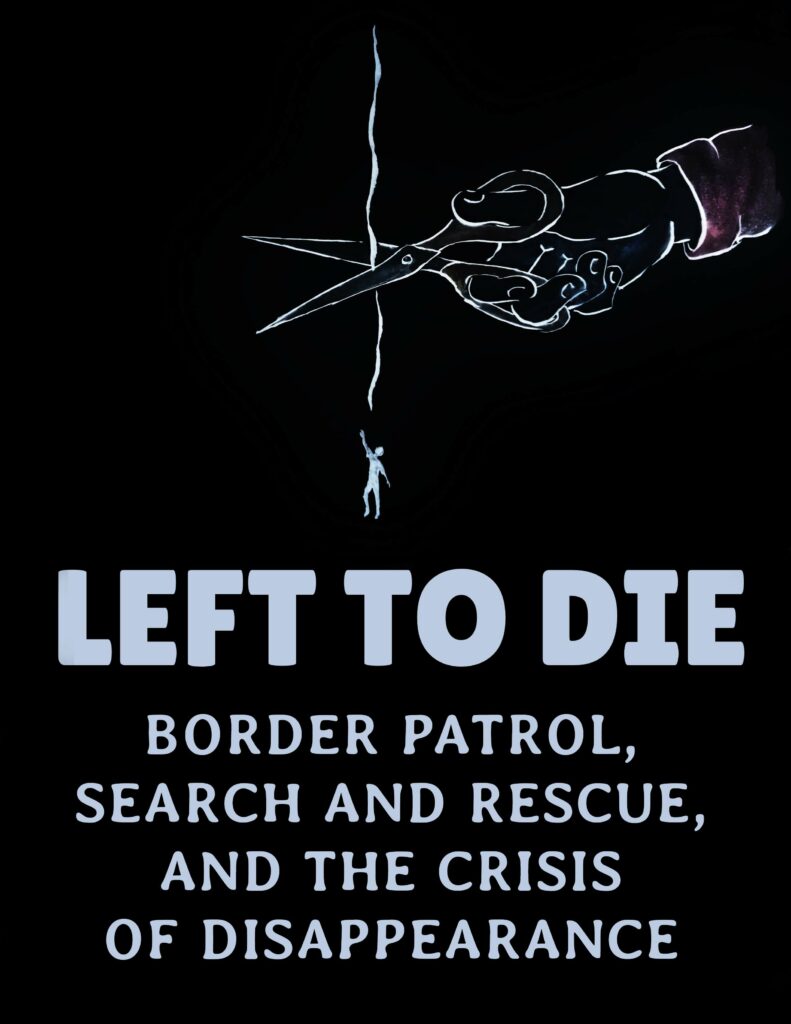
Border Patrol has inserted itself as the sole responder for undocumented migrants in need of rescue. When someone crossing the desert calls 911, county governments transfer the calls to Border Patrol.
By looking at emergency calls received by the Coalición de Derechos Humanos 24-hour Missing Migrant Crisis Line, we find that Border Patrol did not conduct a confirmed search or rescue mobilization in 63% of cases. This includes 40% of cases where Border Patrol directly refused to take any measures in response to a life-or-death emergency. When Border Patrol did respond, the searches were severely diminished in time and resources when compared to searches for US citizens.
Check out this short video of the findings:
Second Military Style Raid in Two Months: Border Patrol detains 12 people receiving humanitarian aid
Arivaca, AZ: After
sunset on October 5th, US Border Patrol entered No More Deaths’
humanitarian aid station, Byrd Camp with a federal warrant, for a second
nighttime raid in two months. Volunteers were held for 3 hours while 12
people who were receiving medical care, food, water, and shelter from
the 100+ degree heat were detained.
In a massive show of armed force, Border Patrol, along with the Border
Patrol Tactical Unit (BORTAC), descended on the camp with an armored
tank, ATVS, a helicopter, and many marked and unmarked vehicles. Agents
armed with assault rifles chased and terrorized those that were
receiving care, all while the helicopter hovered low above them kicking
up dust and debris, making it nearly impossible to see. Border patrol
smashed windows, broke doors, and destroyed essential camp
infrastructure as well as supplies.This was after heavily surveilling
the camp and patrolling its perimeter, creating an antagonistic and
distressing environment for those receiving care, since late Saturday
night on the 3rd.
Since
the previous raid on July 31st, Border Patrol has refused on multiple
occasions to meet with volunteers to discuss previous shared agreements
that upheld the right to provide humanitarian aid. The sector chief sent
No More Deaths representatives a formal letter asserting this refusal.
Border Patrol’s continual surveillance and harassment of Byrd Camp keeps patients from receiving essential care. This criminalization of the humanitarian aid and medical care we provide is only a furtherance of the agency’s deadly policies. Border Patrol detains people in unsafe and deadly facilities where medical neglect is rampant and human rights abuses are well documented.
Paige
Corich Kleim, a volunteer present for the raid yesterday said this
about the previous raid in late July “Once again, Border Patrol is
concentrating their resources on interfering with humanitarian aid
during the most deadly time of year for people crossing the border,
People are dying in the desert because of border enforcement policy, and
now Border Patrol wants to prevent people from accessing life-saving
assistance. We view this as a clear violation of international
humanitarian law.”
Since 2004, Byrd Camp has been a location where people crossing through the harsh Sonoran Desert can find food, water, medical care, and respite. Byrd Camp has always operated openly and transparently and offered humanitarian aid according to Red Cross protocols. No More Deaths affirms the right of all people, regardless of nationality, to give and receive humanitarian aid. Our volunteers are specifically trained to respect autonomy when providing care as is standard practice in the medical field and only call 911 and Border Patrol with patient consent. We will continue to be a presence in the desert as long as Border Patrol policies create a crisis of death and disappearance.
Military style raid: border patrol detains 30+ people receiving care at humanitarian aid station
Arivaca, AZ: Around sunset on July 31st, US Border Patrol raided No More Deaths’ humanitarian aid station, Byrd Camp, detaining over thirty people who were receiving medical care, food, water, and shelter from the 100+ degree heat. In a massive show of force, Border Patrol, along with BORTAC, descended on the camp with an armored vehicle, three ATVS, two helicopters, and an estimated 24 marked and unmarked vehicles.
Agents refused to show a warrant upon entry, and were not wearing masks. For two hours, in darkness, they detained and chased people receiving care while a Border Patrol cameraman filmed the scene. The day before, agents had entered the property without a warrant and detained one person receiving care. Border Patrol then set up 24-hour surveillance around the perimeter, deterring anyone else from entering the camp to seek help.
Last night’s military style raid on the aid station is a clear example of Border Patrol’s deadly pattern of interfering with humanitarian aid. Many No More Deaths volunteers work as EMTs, paramedics, nurses, and doctors. Volunteers are trained to respect the autonomy of individuals receiving care — as is standard practice in the medical field, they only call 911 and Border Patrol with patient consent. All persons at camp had been medically evaluated, were stable, and were receiving continuous care.
The initial detention and surveillance of Byrd Camp was set up just 24 hours after No More Deaths released emails from a FOIA request revealing the role of BORTAC — the tactical unit recently mobilized against protestors throughout the United States — and the Border Patrol Union’s role in a 2017 raid of the same aid station.
Border Patrol previously raided Byrd camp in 2017, which predates Dr. Scott Warren’s arrest for providing humanitarian aid to two individuals. Warren was arrested just hours after No More Deaths released a report detailing Border Patrol’s interference with humanitarian aid, along with a video that went viral showing agents destroying water gallons. The message is clear: expose Border Patrol abuses, face retaliation
“Yesterday, Border Patrol harmed thirty people in irreparable ways. On a daily basis those who migrate through the Arizona desert are targeted, terrorized, detained, and deported.” Said Dr. Scott Warren, “Last night we witnessed these tactics deployed against people who sought medical care and relief at our Byrd Camp aid station. As always when humanitarian aid in the borderlands is targeted, those who seek care are the ones that face the brunt of these violent escalations.”now

